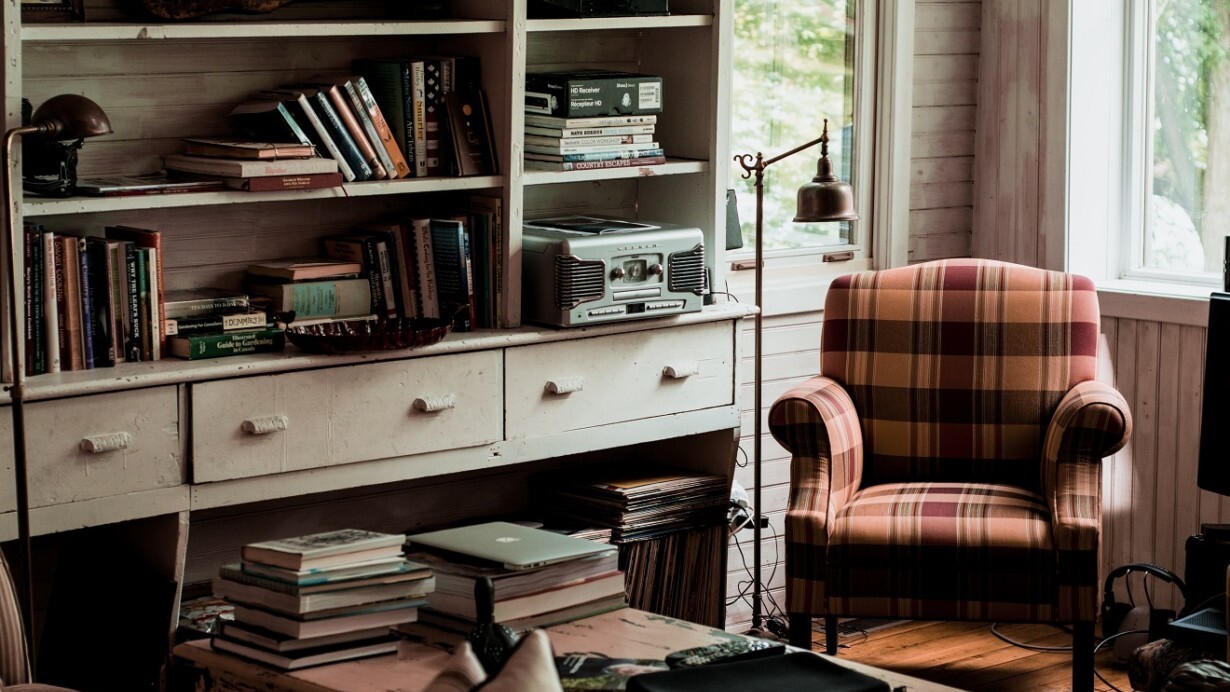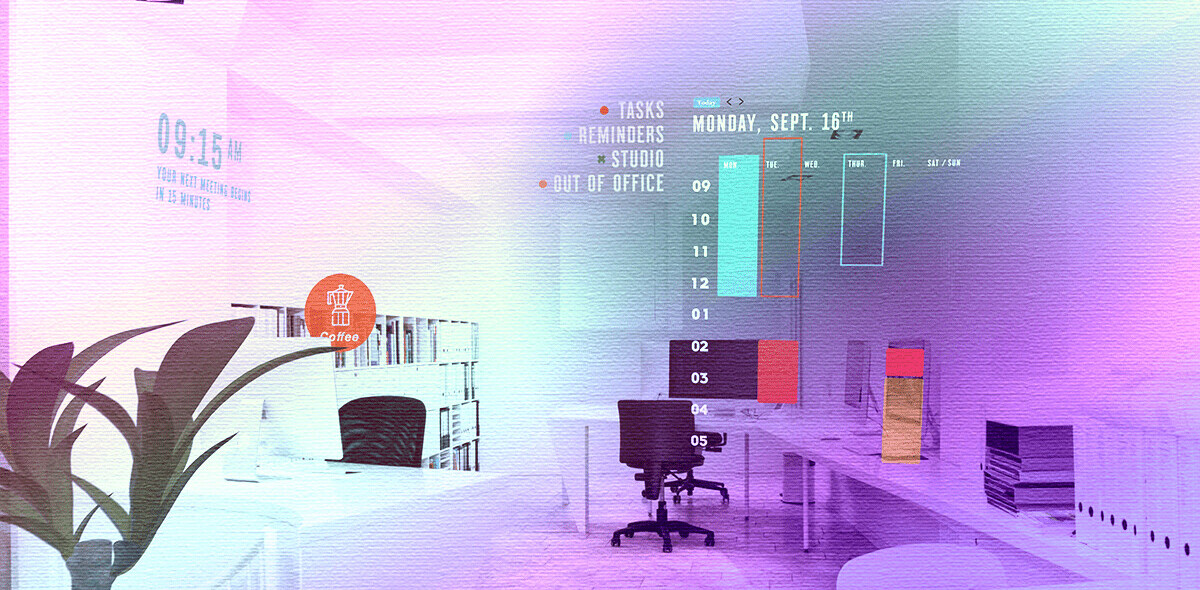
Ok, it’s no surprise that technology is literally changing everything around us, but one industry that hasn’t had as much advancement over the years comes in the form of interior design. It’s traditionally costly, timely, and requires a designer to come out and basically take care of everything unless you’re one of those handy types. While that may always be a popular method, regardless of the tech being introduced, it doesn’t mean that there aren’t movers and shakers that are disrupting our typical outlook of the field to make it quicker and easier, while still keeping most of the power in the homeowner’s hands.

Take for example Houzz. While it may be on the more basic end of what technology can do for the industry, it can’t be denied that the service is changing how people remodel and update their homes. Users can browse through tens of thousands of different designs and categories to find inspiration for the next project – all in a centralized place. Once the ideas are in place, it’s time to start shopping – and, of course, Houzz has a huge, curated selection of products for your home. So, you have your ideas in place, furniture and wares ordered, now it’s time to find a contractor. Houzz helps with that, as well. Users can use Houzz to connect with the best contractors in the area to get the projects completed. It’s a basic system, but keeping everything in its own ecosystem can really help keep projects focused.
Ok, so Houzz is an example of creating a community online to help accomplish interior design goals, but what about some fancy technological advances? Who’s doing that right now? One example is Occipital. They are working in the AR space to bring useful tools to everything from interior design to home improvement projects. While they have full systems that attach to iPads and offer large amounts of tools, their newest service uses nothing but an iPhone.
The service, called TapMeasure, focuses on quickly and easily measuring spaces and objects. You can create 2D floor plans and and simple measurements, as well as use it for “Smart leveling,” to make sure your pictures are perfectly straight. The service also features something called 3D Room Builder which basically lets you create a 3D model of your space quickly, where it can then be uploaded to 3D modeling software, SketchUp. You can add doors, windows, whatever you might have in the space, and generate accurate models of your room because TapMeasure is constantly measuring everything for accurate representations.
And then there is Hutch, which is kind of the amalgamation of the two mentioned above. While it doesn’t have the measuring capabilities of something like TapMeasure, Hutch does give users the ability to take a photo of a space and then upload it into the Hutch app. Once in there, you can browse through different furniture, patterns, artwork, you name it to create your perfect space. Once you’ve created your perfect space, you’ll then be able to purchase the pieces through the specific retailers.

These are but three examples of companies looking to shake up the traditional home improvement and interior design fields. As technology continues to advance and our phones become more powerful, it is only a matter of time before all of this becomes even more in-depth and accessible. There will always be a need for contractors and designers, but services like Houzz, Hutch, and Occipital are helping bridge the gap between contractor and customer, while letting normal people flex some creative muscles.
Get the TNW newsletter
Get the most important tech news in your inbox each week.





